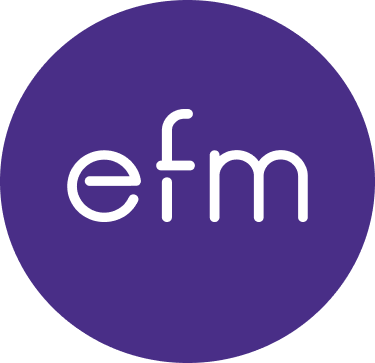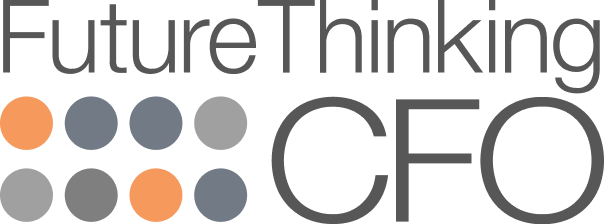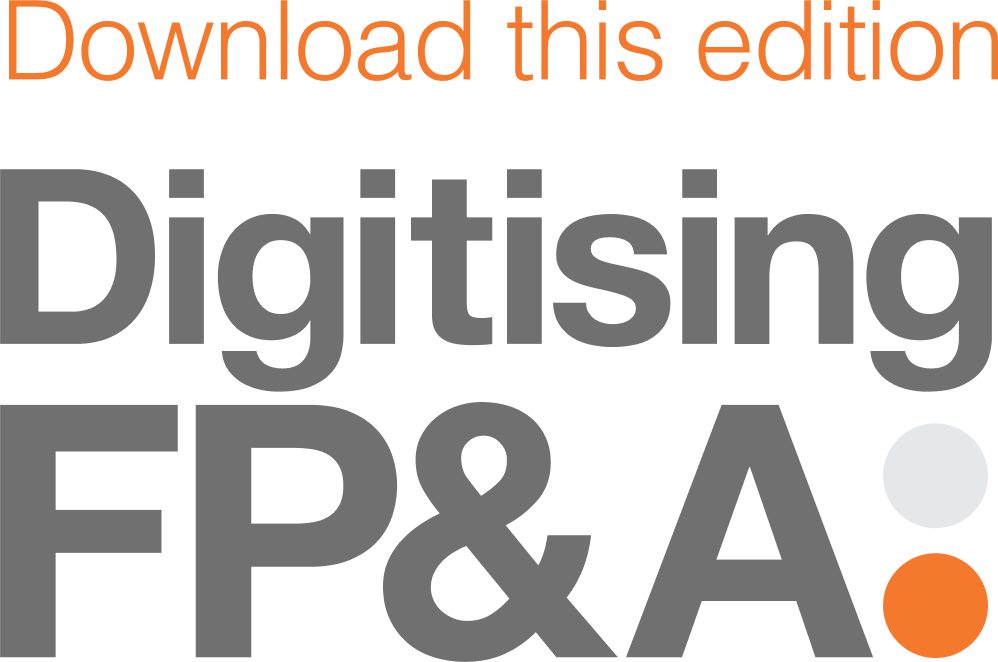DELIVERING NEW HORIZONS
EMF Logistics

EFM Logistics launched back in 2000 as a freight brokerage service, providing freight and logistics services for smaller clients in the marketplace, via a relatively complex structure of independent business units. Over the next decade, EFM Logistics grew exponentially as they began to take on much larger clients, which required a shift towards a much more corporate and streamlined structure.

EFM Logistics launched back in 2000 as a freight brokerage service, providing freight and logistics services for smaller clients in the marketplace, via a relatively complex structure of independent business units. Over the next decade, EFM Logistics grew exponentially as they began to take on much larger clients, which required a shift towards a much more corporate and streamlined structure.
More recently, EFM Logistics has continued to grow at 15% per year, and they have nearly doubled their headcount. This rapid growth has allowed them to re-focus their efforts, and EFM now deals explicitly with much larger freight enterprises.

As part of EFM Logistics’ continued growth, they brought on a new CFO during the second half of the 2015-2016 financial year. After only a few weeks on the job, Mark Hogan reviewed some of the regular reports that were being done on a frequent cycle, as well as witnessing his first budget review.
“From a finance perspective, everything was pretty much run in Excel. From consolidating financial reports, to board reporting and stat reporting, everything was done as a manual process.” Hogan adds “We had different versions of MYOB coming together with manual mapping tables – it was a whole lot of effort.”
As with many companies who experience such rapid, sales-based growth, EFM Logistics hadn’t had the time to improve or invest in their back-end systems. However, Hogan knew that had to change.
During his time in other companies, Hogan already knew about Adaptive Insights and its capabilities, so he admits that his search was a quick one. “It was April when we started looking – we signed a deal in May.” However, Hogan wanted something specific in terms of an install partner; he wanted speed. More specifically, he wanted a company that “could move as quickly as we wanted to move.” found that agility at GKH.
“We took advice from other people in the marketplace, and GK Horizons had a great reputation. They were pragmatic in their response, and we felt that they could keep up with us.” Hogan added, “Through the process of the business requirement reviews we did [while] getting to understand each other – I thought that GKH had a great handle on it.”
For the implementation, GKH kept it simple; with a week on the ground for admin and staff training, and then the rest of the process was handled via phone and WebEx. EFM Logistics were happy with the remote process, with Hogan saying “I wouldn’t do it any other way these days.”


Since making the switch to Adaptive Insights [Workday Adaptive Planning], things are finally a lot more streamlined for EFM Logistics’ finance team. The success of their new system is clearly revealed as Hogan reflects back on that very first budget at EFM Logistics.
“The way the budget was done… the underlying infrastructure that went in to pull that together was pretty extraordinary – and that’s now disappeared.” He went on to say “It used to take someone two-to-three weeks to pull [the budget] together, but [we] don’t have to do that anymore. Now it’s all done live… so your budget model is always there.”
By investing in Adaptive Insights [Workday Adaptive Planning] and working with GKH to install a smarter and more streamlined system, EFM Logistics was able to take some of the pressure off their finance team – and save their company from having to make further investments in terms of headcount.
Like to know about how GKH can expand your horizons? Click here to reach out.

